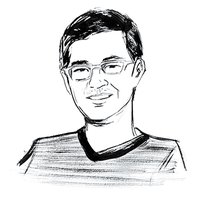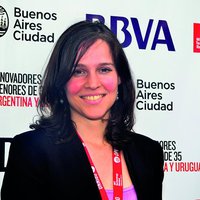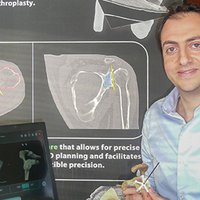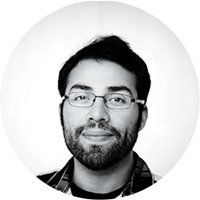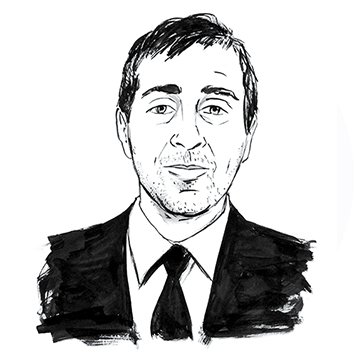No company performs more genomic screens for medical use than Counsyl, a startup cofounded by Balaji Srinivasan. It scans the DNA of parents in 3 percent of all births in the United States. And yet when Srinivasan founded the company in 2007 with friends from graduate school and his brother Ramji, a mathematician who was pursuing an MBA, just about everyone was advising against it.
Their father didn’t want them to go into medicine—which is somewhat surprising given that both of their parents are physicians. “He thought we should go into computer science,” Balaji Srinivasan says. And colleagues at Stanford, where he teaches computational biology and statistics, said that if he was going to found a company doing genetic analysis, it should test for genes that might be implicated in common illnesses like heart disease and diabetes. But Srinivasan didn’t want to get mired in the uncertainty over the complex ways genetics plays out in those kinds of diseases. With genome analysis only just beginning its march from research labs into doctors’ offices and other clinical settings, Srinivasan figured a successful company would need to start with a more straightforward problem. That’s why Counsyl began by testing only for recessive genetic diseases that are extremely well understood. “Anything that is a research question is premature for a business,” he says. “Running a business is hard enough. Your fundamental science has to be rock solid.”
Every year, three out of every 1,000 children are born with a genetic disease, such as cystic fibrosis, that did not afflict the parents—who most likely unknowingly carried a defective copy of a particular gene. If both parents carry a damaged copy, there is a 25 percent chance that their child will have the disease.
For around $99 (after insurance coverage), a couple’s doctor can order a test from Counsyl, which will extract DNA from the parents’ saliva or blood and sequence more than 100 different genes linked to recessively inherited diseases. If prospective parents both carry a broken copy of the same gene, then they can decide what to do: try to conceive naturally despite the risk, avoid conceiving, or use in vitro fertilization to conceive and have doctors screen out embryos that carry the double dose of defective genes. Counsyl is now screening the parents in about 120,000 births each year.
“Diagnostics is going to be completely reinvented by genomics,” Srinivasan says. “And we are one of the first to get out there.”
—Susan Young
